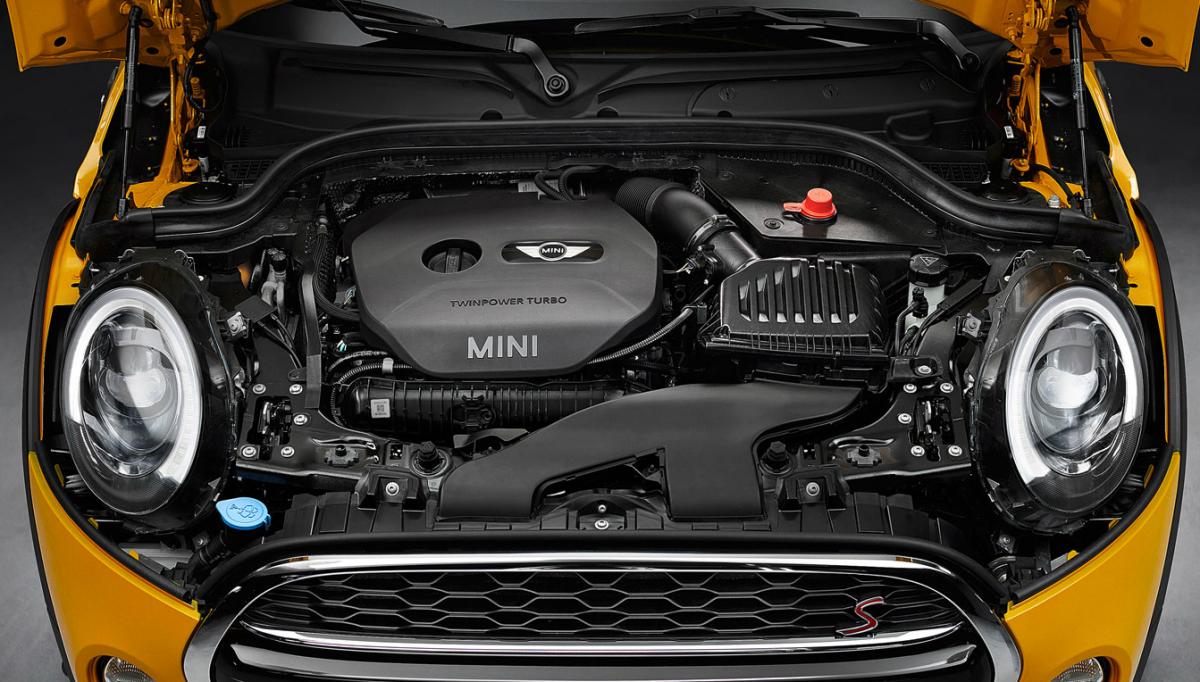
Alleged MINI Cooper engine problems have caused a proposed class-action lawsuit that names the 2009-2014 MINI Cooper as the problematic cars that contain a defect concerning the lubrication of the engines.
The MINI Cooper engine lawsuit alleges the cars are defective because their seals are made of a material that is prone to cracking. When the seals crack, fluids intended to lubricate the engine leak out of the system, which then causes overheating and engine damage.
The MINI Cooper engine lubrication system is comprised of the oil filter housing unit, gaskets, valve covers, oil filter, oil pumps, oil feed lines, oil pan, valves and seals.
The plaintiff claims the cars suffer from design or manufacturing defect(s) that cause the engine lubrication system’s components, including the oil filter housing unit, oil pump, and vacuum pump assemblies, to abnormally wear at the seals and leak engine oil.
The plaintiff alleges BMW knew, or should have known about the defects since 2011 but failed to disclose the defect and actively concealed it.
According to the complaint, a serious safety hazard exists because the car can suddenly lose oil pressure during operation and require immediate shut-off or cause the engine to overheat.
The lawsuit references numerous technical service bulletins (TSB) that were sent to MINI dealers concerning the alleged defects in the engine lubrication system.
For example, on or about June 1, 2012, BMW issued TSB 11-03-12 covering 2005-2013 Mini Cooper vehicles, informing its dealers the “engine oil pan gasket replacement should no longer be used due to [sic] sealing flange becoming deformed.”
On or about January 1, 2014, BMW issued TSB 11-01-12, covering 2005-2013 Mini Cooper cars, informing its dealers that “an oil leakage may occur, due to the compromised oil pump volume control solenoid valve.”
On April 14, 2014, BMW issued TSB 11-01-14, covering 2014 Mini Cooper and Mini Cooper S vehicles, informing dealers that “the oil filter housing assembly must be replaced.” The TSB further stated “there is a possibility that coolant leak may occur in the oil filter housing” and “this can cause overheating, loss of power, and an illuminated engine warning light.”
On April 1, 2015, BMW issued TSB 11-03-15, covering 2011-2015 Mini Cooper cars and informing its dealers that “some vehicles are consuming engine oil and run poorly.” Additionally, the vehicles are leaking oil “from cylinder head cover gasket area” in the engine and also indicating an “engine malfunction.”
Then on June 1, 2015, BMW issued TSB 11-05-15, covering 2014 Mini Cooper cars and informing its dealer that vehicles “will experience a loss of power, warning light for engine on, overheating, due to a coolant leakage occurring in oil filter housing.” Around the same time, BMW issued a second TSB 11-05-15, covering the same vehicles, informing its dealers the “oil filter housing may leak coolant which will cause overheating, activating the engine warning light, and loss of power.”
The MINI Cooper engine oil sealing lawsuit claims repairs are needed to several components within the system, including the oil filter housing unit, oil filter gaskets, oil filter cover, oil pump, oil feed lines, oil pan, valves, and seals.
As a result of the alleged defect, consumers will be required to pay hundreds, if not thousands of dollars to repair or replace the oil filter housing unit, oil filter gaskets, oil filter cover, oil pumps, oil feed lines, oil pan, valves, and seals.
The MINI Cooper engine lawsuit was filed in the U.S. District Court for the Central District of California - Joshua Borkman v. BMW of North America, LLC.
The plaintiff is represented by Capstone Law APC.